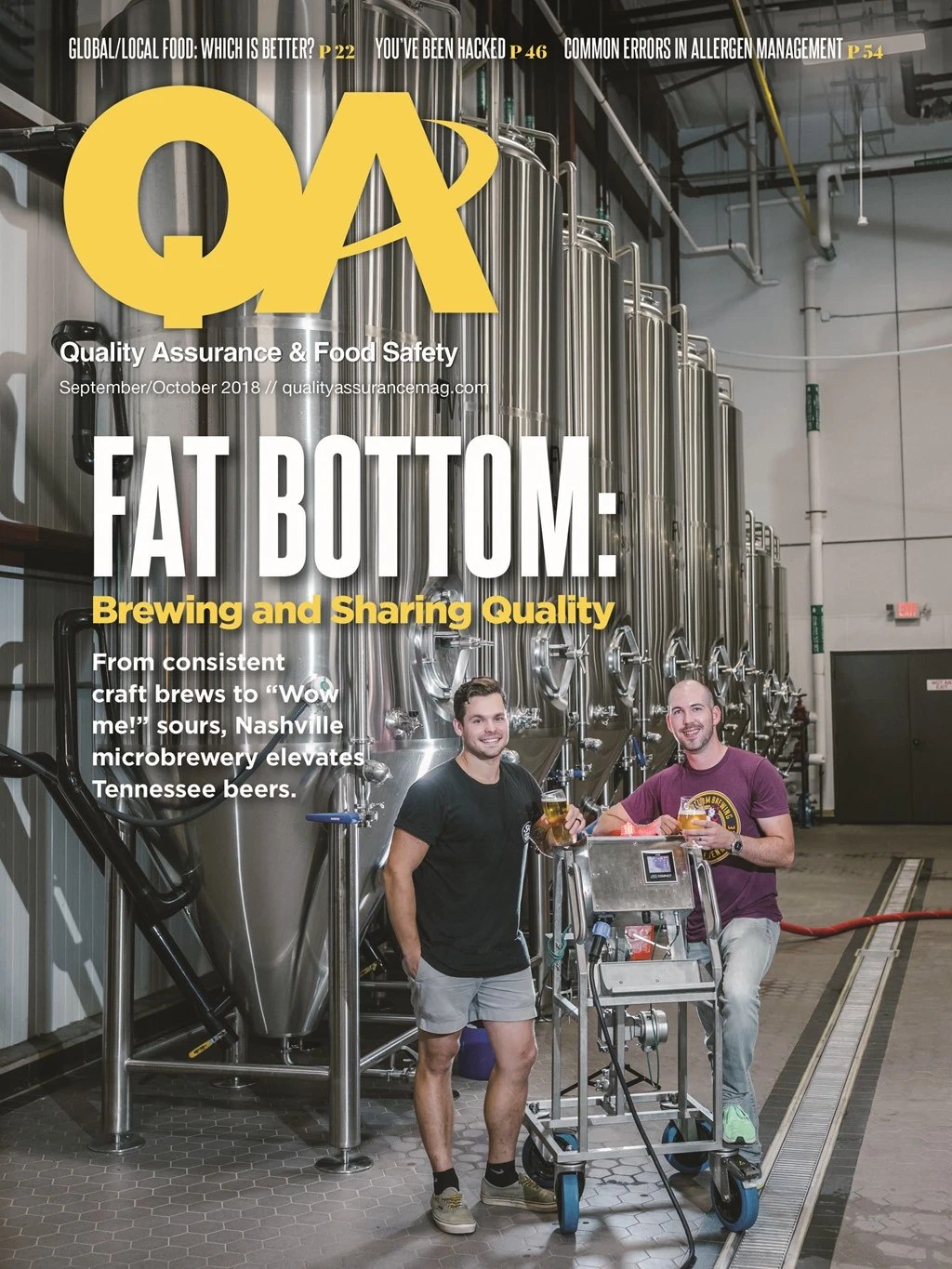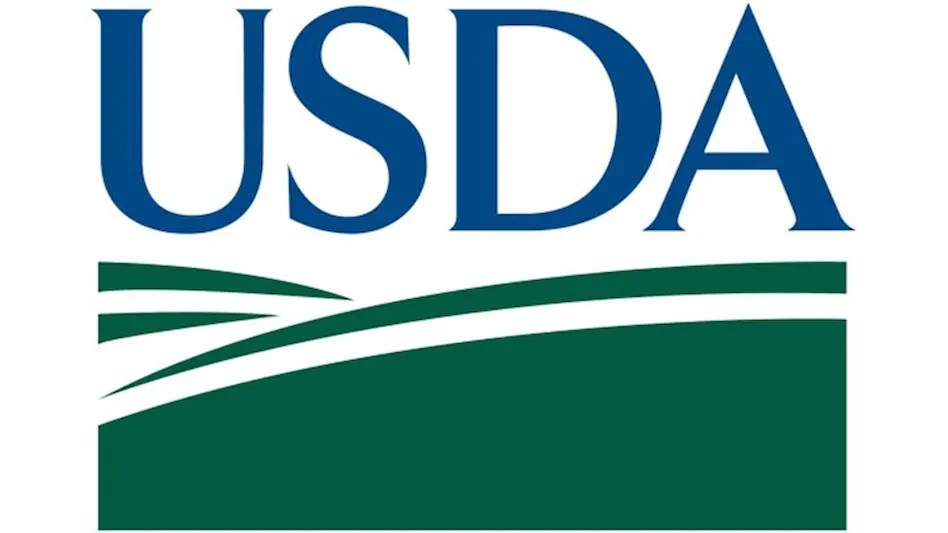
Nnenna Nwoke, CEO Vein, Lagos, Nigeria
A Q&A with Nnenna Nwoke, Founder and CEO of Food Nutrition Security Magazine of Nigeria; founder and CEO of the NGO, Vulnerable Empowerment Initiative Network; and an NGO-status observer of the Nigeria chapter of Codex Alimentarius Commission.
1. When and how did you get started in food safety and food security?
Even before I focused on food security, which has been years now, I had been thinking about food safety. I read a lot and I like challenges. To me, the more complex a challenge is, the more attractive it is. So food safety is an area which has challenged me. Studies estimate that over 40% of the deaths of children in developing areas, particularly Africa in general and Nigeria in particular, are a result of the intake of unsafe food and water. This has been a source of worry to me.
2. What has fueled your passion to be so involved in this area?
I work for the empowerment of vulnerable groups, and women and children are major victims in this. The question I keep asking is “How can we find solutions?” Food security is naturally linked with nutrition; they are like two sides of the same coin, and never a mention can be made of one without the other. Also, food safety is an intrinsic part of food security — it is a critical one, in fact. When compromised, some components (like quantity, nutrient intake, etc.) can slow down a person’s rate or level of development; or in compromising nutrition, one can be malnourished and still be alive. Unsafe food is deadly; it can kill instantly or maim extensively. It has contributed immeasurably to maternal and child mortality in most developing countries, including Nigeria. So I realized early that we are actually fighting a death sentence naturally passed on and hitherto neglected. It is both challenging and daunting.
3. What are Nigeria’s greatest food security issues?
The reverse — food insecurity, which can be dismembered to quantity/availability, quality, nutrition, and safety. Also, it is said that information or knowledge is key. I will not credit poverty, unless it’s poverty of intellect — that which bars people from knowing what to do or how to handle issues of food security. Also, people are yet to grasp the immense nature of food security, which most still equate with production for import substitution. It is a complex whole embracing indices such as availability, affordability, accessibility, adaptability, and acceptability. It ensures all people at all times are provided for; not minding class and/or season. It is a program without limitation. Above all, food security promises well-being for all; a critical first step and doorway to development. But I must say its complex nature limits its understanding and application.
Nationwide conflict, particularly in the North, the hub of the country’s food production, is adding to food insecurity, as is the menace of the herdsmen who are generally sack farmers (literally, gardening in a sack) and so reduce food production. I must also note that infrastructure is lacking at the point it is most needed. There is not much pipe-borne water; most people still drink untreated water, still dry their food on the road where they are exposed to dust and bacteria, etc.
4. What do you see as promising solutions?
Restoring security nationwide is key, particularly in the Middle Belt and North which are major food-producing areas. Consistent education to stall negative habits and provide alternatives; strengthening regulatory organs of the government; and serious efforts to ensure unwholesome foods are not allowed into the country.
5. Nigeria’s president expressed a goal for the country to “regain its pride of place as a food exporting country.” How can this best happen?
The country is already on its path to realizing this and has done so in some leading areas and with some commodities. Rice, for instance, has brought in over $200 billion. Many policies and programs are in place in support of this such as the Presidential Fertilizer Initiatives (PFI) and the Anchor Borrowers Program — Government has inaugurated rice mills, fertilizer plants, and integrated poultry farms, and revived moribund fertilizer plants across the nation. These have, in turn, created direct and indirect employments. But a high demand will need to be placed on Nigeria — taking pragmatic steps to ensure food quality and safety in both the domestic and export markets. The “pride of place” now demands a lot more than it did years back, for the world has drastically advanced and demands that countries be in compliance with global standards. From farm to plate or abroad, there is generally a complex web of activities with high profile lists of inherent and/or potential hazards; and they must all be satisfied as wholesome; free from contamination.
6. What advances has Nigeria made in food quality and safety? What remains?
The Standards Organization of Nigeria (SON) has stepped up standardization of most staple foods and improving quality standards to the global level for both local consumption and the export market. Nigeria’s National Agency for Food & Drug Administration & Control (NAFDAC) has recently stepped up its food activities. There is a serious insistent/enforcement on product details such as content, manufacturing, and expiration dates. When goods not meeting standards have found their ways into the country, they are seized and destroyed. Customs is also involved in the effort. Government is continuing to stress breast feeding, particularly its advantage in eliminating diarrhea which is a major killer among children. Some NGOs also are working hard on dissemination of information on handwashing to improve hygiene. But a lot still needs to be done.
7. How can the developed world help?
The developed nations can help us stem the spate of violence between nations, as much as is possible. Developed nations also can support all genuine efforts aimed at improving the understanding of food security, particularly the safety component, by collaborating with organizations, individuals, and NGOs who are working in the area of food safety. They can extend program activities, such as conferences of major international organizations, to developing countries and have a forum dedicated to better understanding their needs and proffering solutions and support. Developed countries can continue to encourage Nigeria through more information dissemination, particularly how we can achieve this food security ourselves.
To help build our food industries, developed nations could fund extensive and continuous research and development in food safety and quality; assist with constant auditing of food industries to ensure compliance with Good Manufacturing Practices and product quality adherence to international standards; and help small, medium, and cottage industries follow specifications of food regulatory bodies. We need funds for extensive and continuous research in food quality and safety with dissemination as a key item, and assistance in updating guidelines and procedures and implementing modern technologies. The developed world could assist with placement of cottage industry handlers for training abroad and certification in specific safety and quality areas.
8. What else should QA readers know?
Food security is critical, vital, and prime for development. Every part of it is essential. Food safety is as complex as it is vital, deadly when misjudged and fundamental to the success of global trade. Most of our staples can be inherently dangerous; for example some species of the staple cassava are outright killers when not well processed, so caution is needed in processing and handling. Food defense mechanisms must be stepped up to counter willful counterfeiting and product contamination.
Our home-based multinational companies, such as Dangote Foods and Honey Well, are competing favorably. However, most of our small and medium food companies are struggling and need strong assistance. Most of the cottage food industries, which are highly desired and are most patronized by the greater population due to price, may not cope well without assistance. Massive and ongoing education is needed at all stages and levels to catch up with new technologies and orders in accordance with specifications by international food regulatory bodies. We need tougher implementation and regulatory orders with tougher penalties.
We must formulate a system to continuously raise an alarm and further sensitize people since it requires more attention than we are giving it now. Cries of death — the high degree of mortality and morbidity — might be a thing of the past if developed nations could help Nigeria with food safety and hygiene.

Explore the October 2018 Issue
Check out more from this issue and find your next story to read.
Latest from Quality Assurance & Food Safety
- Bird Flu: What FSQA Professionals Need to Know
- Registration Open for 129th AFDO Annual Educational Conference
- Frank Yiannas, Aquatiq Partner to Expand Global Reach of Food Safety Culture
- World Food Safety Day 2025 Theme: Science in Action
- Ancera Launches Poultry Analytics System
- USDA Terminates Two Longstanding Food Safety Advisory Committees
- Catalyst Food Leaders Announces Virtual Leadership Summit for People in Food
- Food Safety Latam Summit 2025 Set for Mexico City





